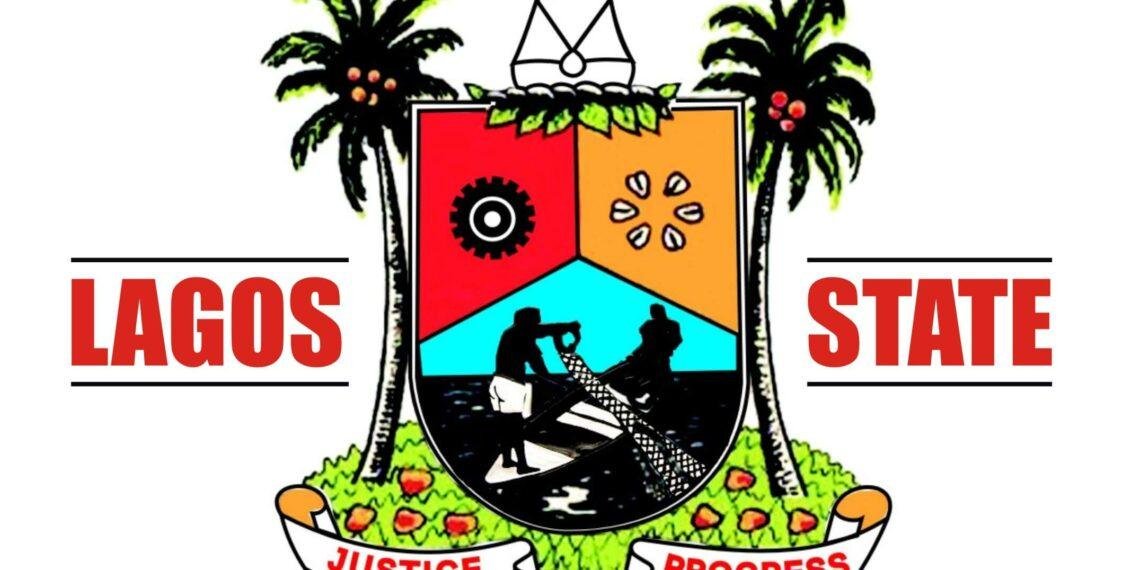Lagos State has expended N130 billion on its social support programs in the past year, benefiting over 18.5 million residents.
This information was shared by the Commissioner for Economic Planning and Budget, Mr. Ope George, during the 2025 ministerial press briefing held at Alausa, Ikeja, on Wednesday.
The briefing, which celebrates Governor Babajide Sanwo-Olu’s second term, serves as a report from his cabinet.
According to George, the initiative include a transportation subsidy allowance introduced after the removal of the fuel subsidy, as well as the “Ounje Eko” food subsidy program, among others.
“We ensured that these initiatives were well-coordinated and aimed at alleviating the economic strain on Lagos residents.
“Considering the number of people benefiting at various locations, it’s reasonable to conclude that it was a successful effort.
“The Babajide Sanwo-Olu administration is steadfast in its commitment to balanced and sustainable development that directly enhances the lives of our citizens,” he stated.
The commissioner emphasized that the well-being of residents is a top priority, noting that the 2024 budget execution reached 87 percent, with revenue increasing to N2.968 trillion.
“The state achieved an impressive 87 percent budget execution rate in 2024, and a review of the non-expenditure framework was performed to allow for a more equitable and impactful distribution of resources.
Related Articles:
- Court orders interim forfeiture of 73 properties linked to Chinese cyber-terrorism suspects in Lagos
- Umahi describes Lagos-Calabar Coastal Highway as a national investment
- Lagos deputy governor decries high estimated electricity bills
“Lagos State’s overall revenue experienced significant growth, rising from N2.08 trillion in 2024 to N2.968 trillion in 2025, a surge attributed to improved planning and fiscal discipline.
“This progress is evident in the numerous infrastructure projects currently underway throughout the state.
“The 2025 budget of N3.366 trillion includes a total revenue estimate of N2.968 trillion, with recurrent expenditures amounting to N1.295 trillion and capital expenditures of N2.071 trillion,” he mentioned.
Emphasizing the ministry’s accomplishments beyond financial metrics, George noted that under the resilience office, the ministry generated 100 direct green jobs and 1,500 indirect jobs.
“Our approach is inclusive and future-oriented, supporting over 5,000 Small and Medium Enterprises (SMEs) through climate-resilient and circular business practices.
“By incorporating climate resilience into entrepreneurship, we’re not only facilitating livelihoods but also building a sustainable Lagos,” the commissioner concluded.






